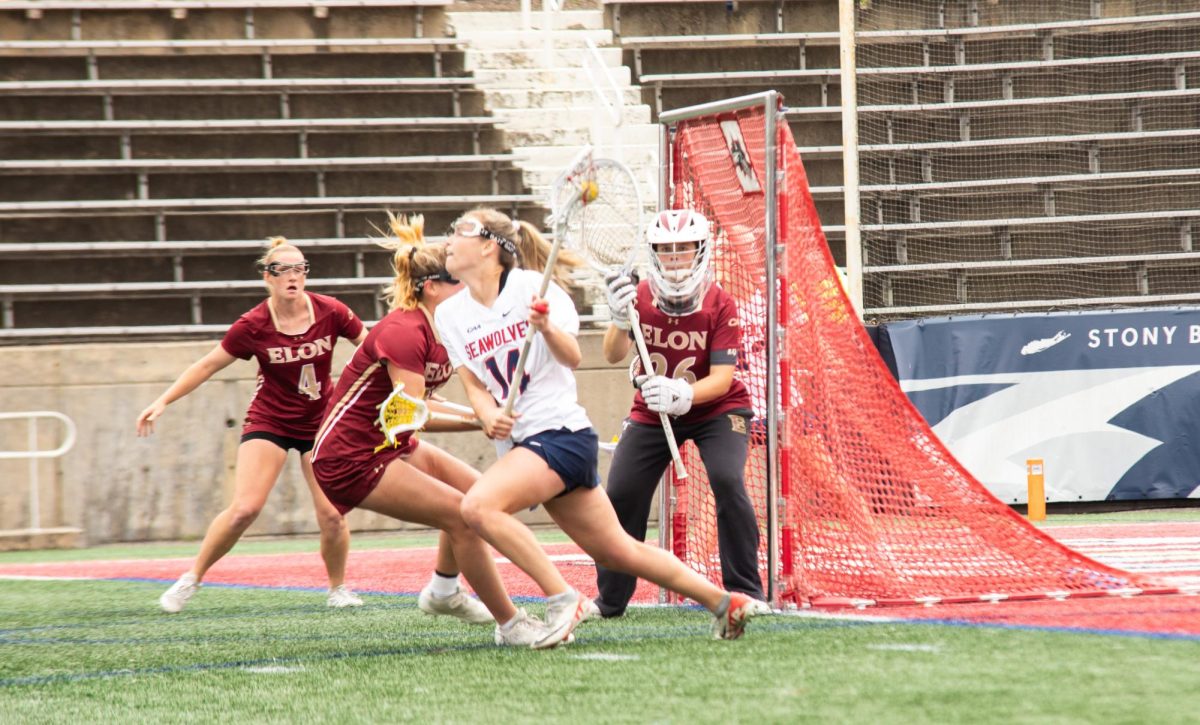AbdelRahman Murphy joined with the Muslim Students Association at Stony Brook University to dispel some myths about women in the Islamic faith.
Murphy, a Muslim brother from Texas, started by asking the audience to list some of the common stereotypes of Muslim women in the media. The group came up with a list, which included the misconceptions that women are forced to wear a hijab, Muslim women are uneducated and are abused by Muslim men.
Murphy, who is also the youth director of IANT Youth, a Muslim organization in Texas, said that the purpose of wearing the hijab is not to oppress women.
“We have to admit some Muslim women are oppressed, yes,” Murphy said. “But, we have to look at the prime example, the Islamic example. God said to women if you want to get close to me, this is how you do it, by wearing the hijab.”
Murphy explained that the stereotype of Muslim women who do not getting an education has to deal with independence. He said that if women were not able to get an education then they wouldn’t be able to do anything other than serve their men, which, he said, is simply not true.
On the matter of women being abused by men, he paints a picture of a man returning home from work to realize his wife has not finished making dinner or that they have no food.
“In the media example, that would probably end with the wife getting hit,” Murphy said. “In the spiritual, Islamic route, the husband would say, ‘OK we’ll fast today.’”
According to Murphy, the route root of a misconception is that people are judging. He said people look at other societies as insubordinate to theirs.
“People use the worst possible opinion of others when judging,” Murphy said. “Just like there is a misconception that American women like to have sex in public. We have a lot of work to do as Muslim and non-Muslims, if these images are getting out, we need to step up.”
Finally, Murphy ended up one more note: said Islam didn’t just pop up out of nowhere.
“Islam is as American as apple pie,” Murphy said. “It’s as New York as bad driving. It’s not just some foreign eastern thing.”











